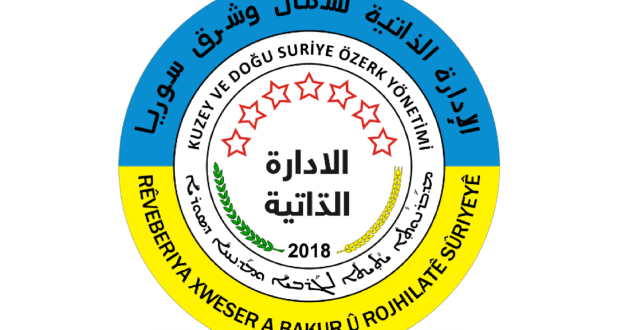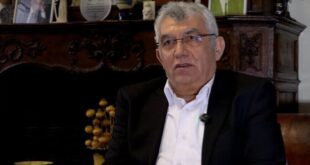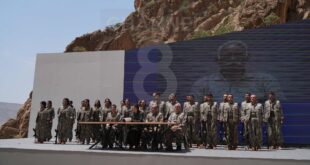The death toll in Turkey’s air strikes on north and east Syria now totals 25, including 11 civilians and 14 fighters from the Syrian regime forces, according a report released by the Autonomous Administration of North and East Syria.
The Autonomous Administration of North and East Syria (AANES) reported that Turkey’s ‘Claw-Sword’ aerial military assault in northeast Syria resulted in civilian fatalities as urban infrastructure and service institutions were targeted in the operation.
Turkish forces have launched 25 air raids on the region, using 50 fighter jets and 20 drones, the AANES stated in its latest report detailing casualties since Turkey began its latest round of attacks on 20 November.
The death toll in Turkey’s air strikes on north and east Syria now totals 25, including 11 civilians, and 14 fighters from the Syrian regime forces, according to Syrian Democratic Forces (SDF) statistics used in the report. A journalist was among the civilians killed.
Dozens have also been wounded in the attacks with some victims in critical condition, so the death toll is likely to increase, the report indicates.
Reported casualties were located in the cities of Derik, Zarkan (Al-Dirbasiyah) and Kobanê (Ayn al-Arab).
As rights Defense Initiative Organization in Al-Hasakah (Hesekê) also shared a field incident report illustrating targeted parties and targeting results, Turkey’s bombardment of northeast Syria reportedly continued late into Monday night, as villages in several areas were repeatedly shelled.
“The Turkish air operation came prior to the 19th round of the Astana Conference, which Turkey is seeking to attend with a new bargaining chip and new de-escalation plans,” the report read.
Analysing Turkey’s motives, AANES said that Turkey had used the “terrorist attack” in Istanbul as a pretext to justify further military operations into the region.
“The Turkish air operation came prior to the 19th round of the Astana Conference, which Turkey is seeking to attend with a new bargaining chip and new de-escalation plans,” the report read.
Turkish Interior Minister Süleyman Soylu had gone to the scene of the Istanbul explosion in Istiklal Avenue to pay his respects the victims, and prior to a full investigation had said, “Our assessment is that the order for the deadly terror attack came from Ayn al-Arab [Kobanê] in northern Syria, where the PKK/YPG has its Syrian headquarters.”
Following the allegations, the Kurdish forces and organisations shared a public statement strongly rejecting the Turkish government’s accusations and extended their condolences to the families of victims.
AANES commented that Turkey’s attacks were a part of a mitigation strategy due to internal and external policy crisis and a crumbling economy, and sees framing the Kurds for the Istanbul attack as an attempt to silence Turkish domestic opposition ahead of the 2023 Presidential elections.
———-
This news was published first by MEDYANEWS.
 Infowelat Enformasyon Ji Bo Welat
Infowelat Enformasyon Ji Bo Welat




